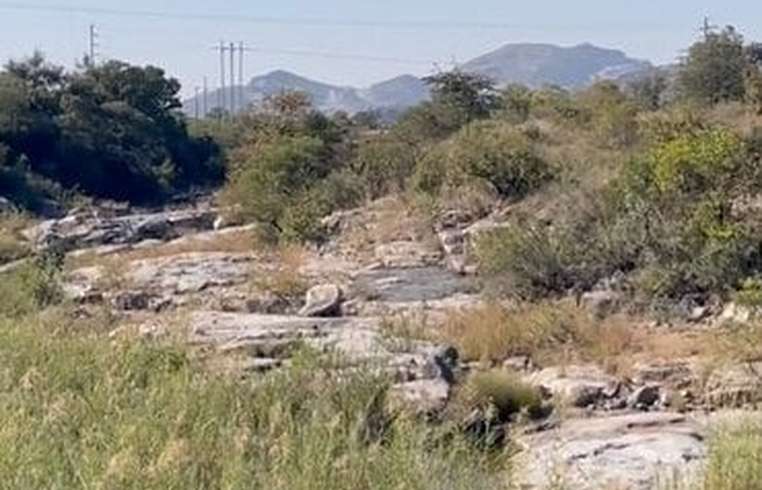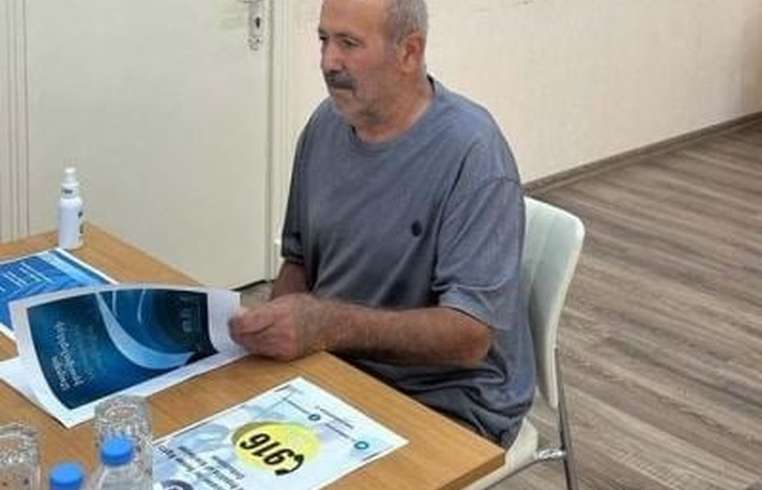
News - Microbial Ecology: Oldest living microorganisms found in ancient rock sample
Business Strategy
Microbial Ecology: Oldest living microorganisms found in ancient rock sample

An international team of scientists from South Africa, Japan, and Germany has discovered pockets of living microbes in 2 billion-year-old rocks. This is the oldest example of living microbes being found within ancient rock so far discovered. The respective research was published in the scientific journal Microbial Ecology. The team studied a rock sample that was taken from the Bushveld Igneous Complex (BIC), in northeastern South Africa. The BIC covers an area of approximately 66,000 square kilometers, varies in thickness by up to 9 km, and contains some of the richest ore deposits on Earth including about 70% of the world’s mined platinum. The team built on a technique they had previously developed to confirm that the microbes were native to the rock sample, and not due to contamination during the drilling or examination process. By staining the DNA of the microbial cells and using infrared spectroscopy to look at the proteins in the microbes and surrounding clay, the researchers could confirm that the microorganisms were both alive and not contaminated. Finding microbial life in samples from Earth from 2 billion years ago and being able to accurately confirm their authenticity raises hopes to now find in samples from Mars and other planets, researchers say.






